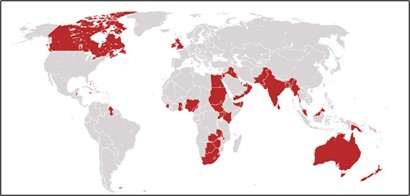| Capt Edgar Wikner Percival | ||
|
|
|
|
|
Australian aeronautical genius who ended up in the USA and New Zealand, via Luton. b. 23 Feb 1897 in Albury, N.S.W. In 1915, while training in England, he became only the third person on record to recover from a spin (supposedly, Fred Raynham [q.v.] was the first). He later wrote: "After that I found that spinning was great fun and spun a Bristol Scout the next day. Very much later, on the Western Front, I found a spin was a very speedy way of dropping on the enemy - especially through a handy cloud." Designer, and pilot, of some of the finest racing and record-breaking aeroplanes of all time. "He always flies his rakish Mew Gulls in a soft felt hat and tries to look as much unlike an intrepid birdman as possible, though he has never yet deceived the handicappers by this ruse."
Flight said he "has an uncanny navigational sense in thick weather, but sometimes flies pensively past his destination in 100-mile visibility". Michael Madigan wrote: "It was very difficult to resist his puckish humour and not to fall under his spell... In his early flying days he had a fox-terrier called Ginger Mick. This dog always sat in the [open] rear cockpit tethered to a spar. One day as Edgar was preparing to land he went into a loop to lose height, forgetting about his passenger. After levelling off he heard strange scrabbling noises from the back and looking out saw Ginger Mick frantically dog-paddling in the air suspended by his lead. Edgar managed to manoevre Ginger back into the plane, and after landing he thought he would never see Ginger Mick again as he rushed off, but Ginger was as persistent an aviator as his master and reappeared, to settle in his place at start-up, large as life, and eager for more."
© The Royal Aero Club
d. 21 Jan 1984; his ashes were taken by the RAAF "to be scattered in the very field in Richmond, N.S.,W., where it all began." "Edgar Percival had a strong character, a high mental and moral sense, and was a perfectionist - the qualities which made him successful. He was the dominant presence which compelled attention in a group. This dominance arose from his vast knowledge of aviation in all its aspects... all this and his strength of will did not make him an easy associate. He could see problems clearly, had the energy to solve them, and drove himself relentlessly, which made him rather intolerant of those less gifted." (All quotes via Martin Barraclough, for which many thanks) |
||
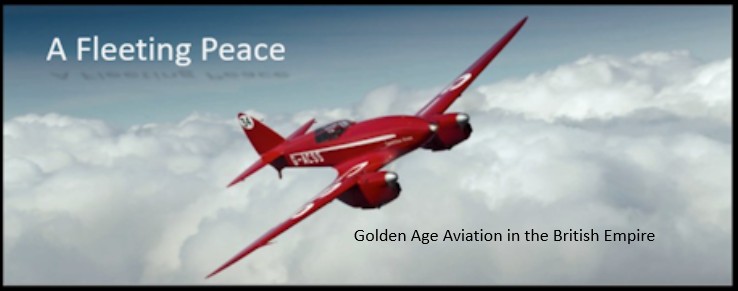
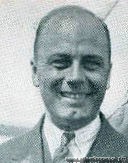 1930, aged 32
1930, aged 32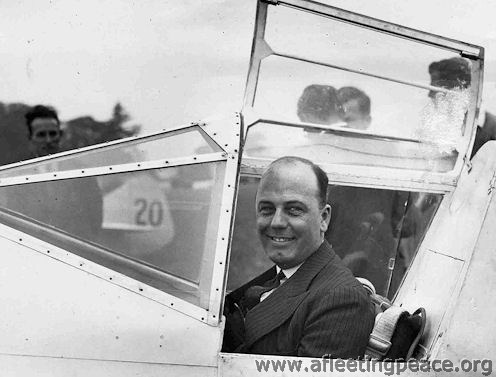 King's Cup 1934; sans trilby, for once
King's Cup 1934; sans trilby, for once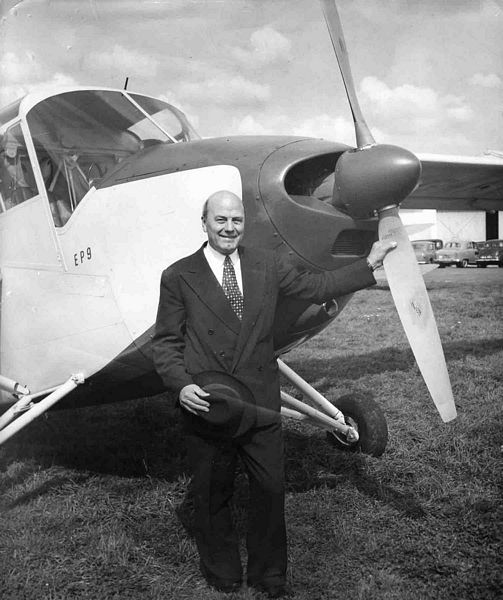 In 1956, with the EP.9 'Prospector'. And trilby.
In 1956, with the EP.9 'Prospector'. And trilby.